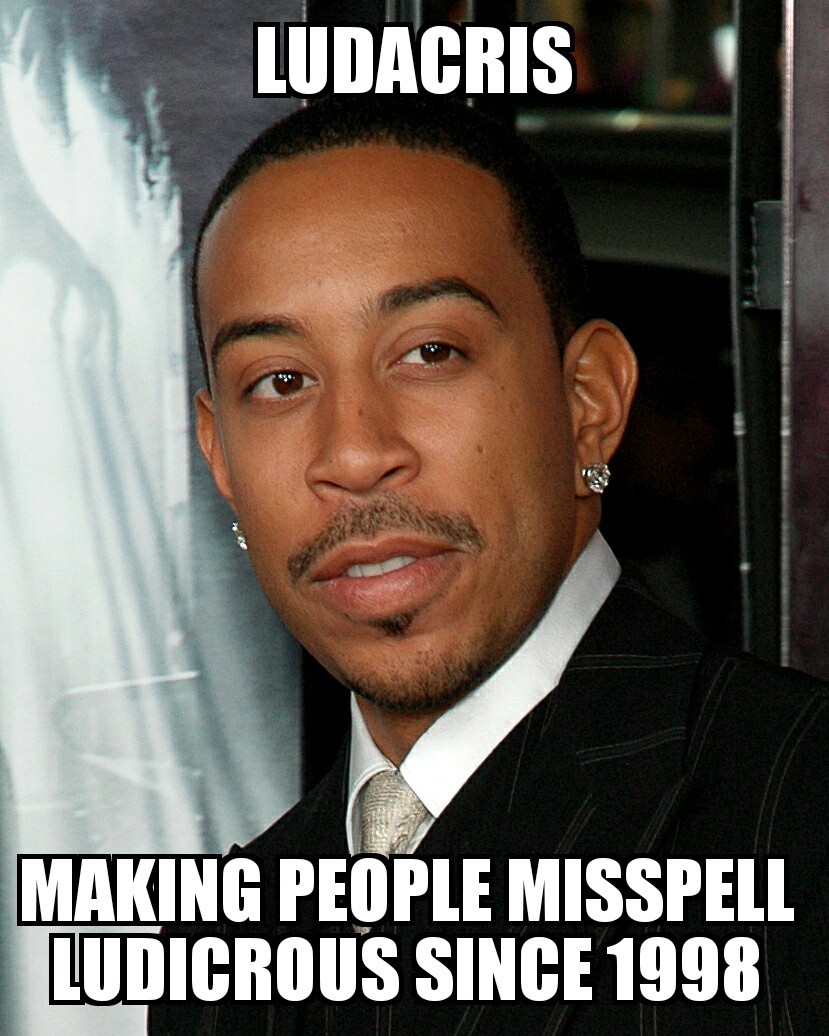
Posted on 10/22/2024 7:25:06 AM PDT by C210N
Friday, The First National Bank of Lindsay was closed by the Office of the Comptroller of the Currency (OCC), with the Federal Deposit Insurance Corporation (FDIC) appointed as receiver. The OCC acted after identifying false and deceptive bank records and other information suggesting fraud that revealed depletion of the bank’s capital. The OCC also found that the bank was in an unsafe or unsound condition to transact business and that the bank’s assets were less than its obligations to its creditors and others.
(Excerpt) Read more at news9.com ...
Vid, at the relevant starting point:
ALERT! FDIC's Friday Night Bank Failures BEGIN! New 50% Payment for Uninsured Depositors! (Bix Weir)
After the Lindsay discussion, the fascinating topic of "Wishes and Rainbows" is up, a "comic book" written by the Federal Reserve of Boston seventeen years ago (2007), and how it was a harbinger of Greenspan/Buffet's view of the FED, fiat and gold, probably deserving of its own thread.
The OCC acted after identifying false and deceptive bank records and other information suggesting fraud that revealed depletion of the bank’s capital.
There should be no payments to people with uninsured deposits.
This is stealing insurance coverage from other depositors who follow the rules.
I doubt if state or federal officials are willing to really dig into this. Lot of hype locally....over corrupted politicians, the recent suicide of the number 3 official of the bank, and the firing of the city manager about 4 years ago. Both the city and the bank need a massive audit.
If someone was wanting a 5-star movie script to sell...go spend a month in this town and interview people....great movie waiting to be made.
Bear in mind that there will be no payments to people with insured OR uninsured deposits, as the FDIC has finite funding ($129B), and MOST banks are underfunded (due to rapid change in interest rates after period of near 0 rates, artificially low silver price, etc). After this relatively small test failure, we will be in uncharted waters with regard to more systemic issues and their resulting across-the-board bank fails.
No matter, the hole will be dug for them.
“Most banks in the same boat”.
Ludicrous.
The problem with that approach is that it would trigger numerous bank runs as uninsured depositors withdraw their money from dodgy banks. The federal government would rather cover uninsured deposits than have that happen, trusting that if they protect uninsured depositors, most of the assets (loans) will eventually be made good so long as no depositors get stiffed.
That problem is already known by those depositors. There are multiple fixes for it.
The most basic is to have your bank do brokered deposits. Your deposit is covered to the limit across each bank that gets your money. You will lose a little interest and have slower access to get it all back to you, but you are legitimately covered and the banks PAID the insurance fees.
Your statement already shows you believe in welfare for deposits.
It’s pretty sick, actually, as this is how it has always been.
I suppose you think everyone should get free home and car insurance, too, or we risk systemic home and car price deflation.
Put your money into banks that don’t lend to bad seeds and you have a lot less risk there, too.
This is not rocket science.
The government and media are covering up so much in regard to the economy and the stability of banks. After the failure of Silcon Valley Bank and Signature Bank last spring, Yellen yelled “We are all good now”, and the banking stories pretty much faded away. The problems have not disappeared.
The discussion (YT pointer) talks at length about the 250k issue, and that can be sidestepped in any one bank/account with creative use of beneficiaries.
As it happens, bank deposits that exceed nominal insurance limits are almost always related to transactions or ongoing business needs. If that money is lost in a bank failure because it is uninsured, then a wave of commercial hardships and bankruptcies would ensue for essentially innocent businesses and people.
The alternative that you suggest of requiring that large deposits be broken up to stay under the insurance limits is inefficient and rarely easy in a commercial context. Can you imagine closing on a large transaction and being handed a stack of checks or wires from various institutions that represent the proceeds? Every one of those would be a potential source of confusion, delay, error, and fraud.
Now multiply that increased transaction flow by the hundreds of thousands every day, and suddenly the American financial system requires a wave of new hires and becomes less efficient, less secure, less reliable, and slower. The costs will inevitably get passed on to bank customers and the public at large.
If one does the math -- and there are economists who have done so -- it becomes clear that the added costs rapidly exceed that of making all the depositors good in occasional bank failures.
Then let the companies pay private insurance for their deposits.
It’s very simple. Pay for the insurance you want.

Fundamentally, deposit insurance is more a government function than a private one in that it amounts to an assurance that dollars on deposit in an accredited federal institution are secure.
Disclaimer: Opinions posted on Free Republic are those of the individual posters and do not necessarily represent the opinion of Free Republic or its management. All materials posted herein are protected by copyright law and the exemption for fair use of copyrighted works.